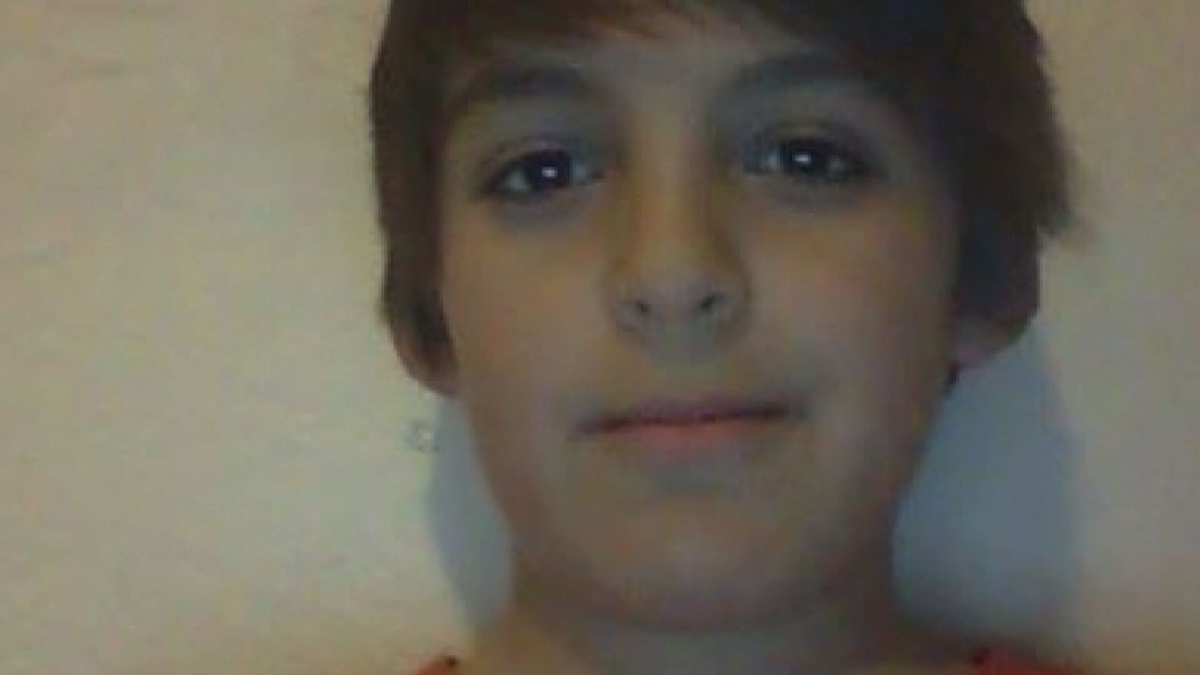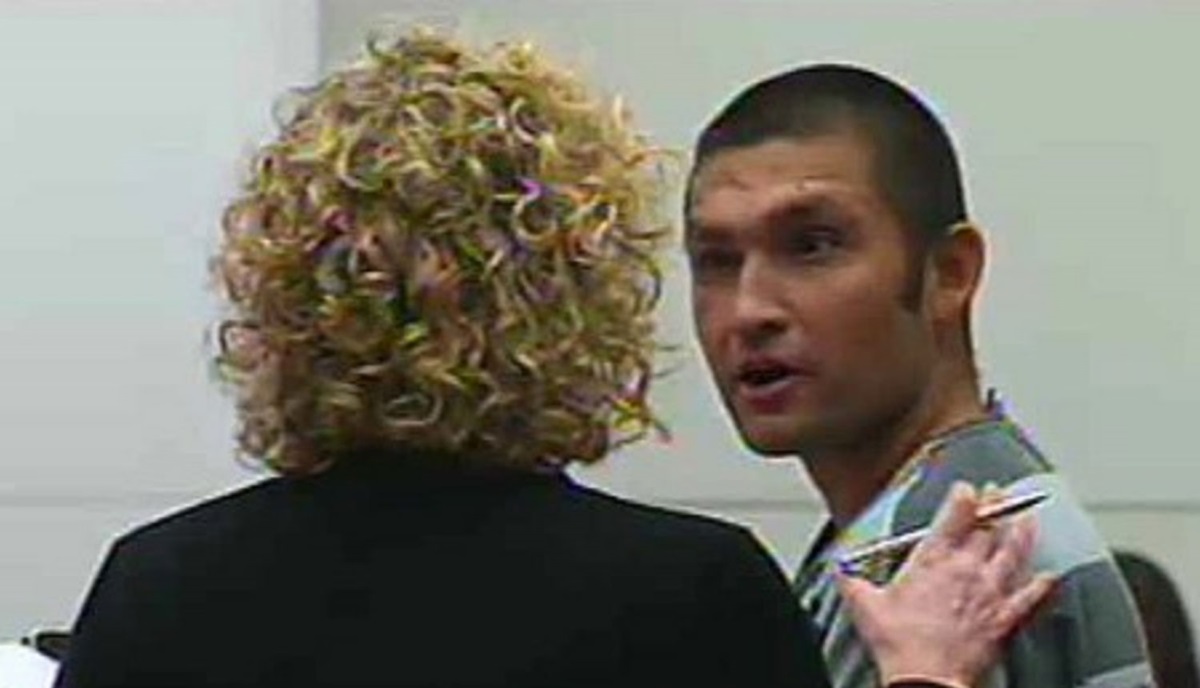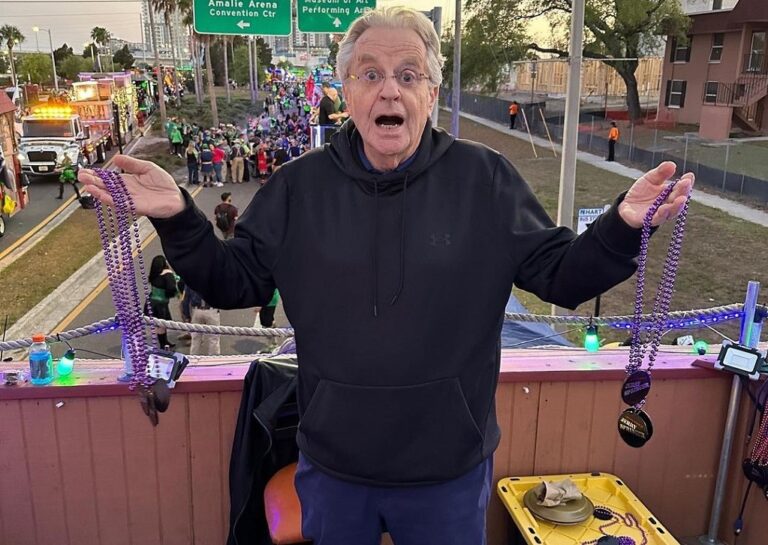Andrew Ward Murder Sentence, Trial And Verdict Charges

Andrew Ward Murder trial has concluded, and he has received his sentence. Learn about the charges, trial, and verdict in this high-profile case.
The name Andrew Ward encompasses a diverse array of accomplished individuals, each making their mark in distinct fields.
Within this collective, we find Andrew Ward, a prominent figure in academia, particularly as a Professor of Integrative Structural and Computational Biology at Scripps Research.
His work delves into the intricate world of viruses and their interactions with host cells, contributing significantly to our understanding of structural biology.
His triumphs in rodeo competitions such as the Central Wyoming Fair & PRCA Rodeo and Nebraska’s Big Rodeo (Burwell) showcase his exceptional skill.
Read more: Is Benjamin Netanyahu Fired? Twitter Photos
Andrew Ward Murder Sentence
Andrew Ward’s actions shook the community as he was convicted of the chilling murders of his half-brother, Austin Tapia, and his cellmate, Douglas Walker.
Born on January 19, 1987, Ward found himself at the center of two separate cases that left two lives tragically cut short.
The grim series of events began with Ward’s initial charge of murder in the death of his 12-year-old half-brother, Austin Tapia.
The situation had become so dire that Ward’s family, fearing for their safety, sought police protection.
Ward was arrested in connection with the murder, although he was subsequently released on bail.
The second horrifying chapter unfolded when Ward faced accusations of fatally stabbing his cellmate, Douglas Walker.

As the evidence mounted, Ward ultimately pleaded guilty to two counts of first-degree murder, forever altering the trajectory of his life.
In August 2017, the wheels of justice turned decisively as Ward’s plea resulted in his sentencing by Judge Michael Kemp.
The judge handed down two consecutive life sentences, ensuring that Ward would be removed from society.
These haunting words offer a glimpse into the mind of a man whose actions brought unimaginable pain and tragedy to those affected by his heinous deeds.
Andrew Ward Trial
This harrowing tale, rooted in violence and tragedy, unfolded with a series of chilling events that shocked the community.
Ward was initially charged with the murder of his 12-year-old half-brother, Austin Tapia. The severity of the crime prompted his family to seek police protection.
Ward was arrested in connection with this heinous act but was subsequently released on bail, setting the stage for a series of horrifying events.
Tragedy struck again when Ward was accused of fatally stabbing his cellmate, Douglas Walker.
In August 2017, he pleaded guilty to two counts of first-degree murder, marking a turning point in the legal proceedings.
Judge Michael Kemp presided over the sentencing, and in September 2017, he delivered a verdict that would forever alter Ward’s life.
Two consecutive life sentences were imposed, reflecting the gravity of the crimes and ensuring that Ward would be separated from society.
The case cast a spotlight on the mental health history of the defendant, raising questions about the pursuit of the death penalty and leading to the resolution of a double life sentence.
Ward’s defense attorney, Marci Kratter, noted his “incredibly mentally ill” condition, citing a history of mental health struggles that dated back to the age of 21.
Court records revealed a history of previous convictions, including DUI, assault, marijuana possession, and resisting arrest.
Andrew Ward Verdict Charges
The chilling case of Andrew Ward casts a somber shadow over the American legal system, marking a chapter marred by tragedy and violence.
Ward’s guilty plea to two counts of first-degree murder was a pivotal moment in the proceedings.

The circumstances surrounding the case drew attention to Ward’s prior mental health history, triggering a reevaluation of the pursuit of the death penalty.
Ward’s defense attorney, Marci Kratter, underscored his profound mental illness, which had roots dating back to his early twenties.
Ward himself confessed to investigators that he felt driven by voices, a haunting revelation that unveiled the depths of his mental health struggles.
This case raises fundamental questions about the role of mental health and rehabilitation within the criminal justice system and the broader societal impact of such tragic events.
Learn more: Is Daisy Head Gay – Who Is Her Partner? Parents






